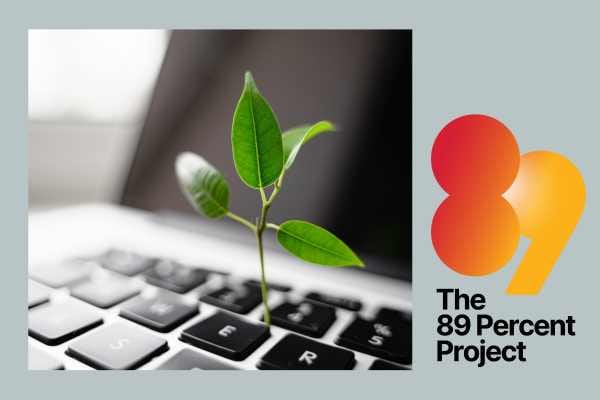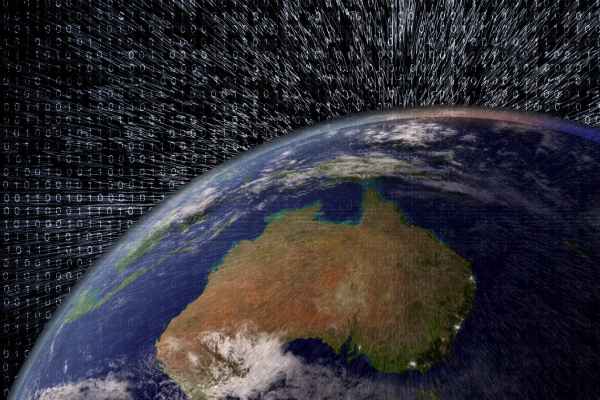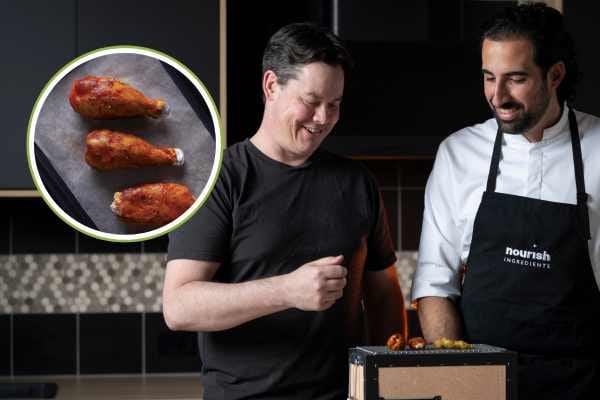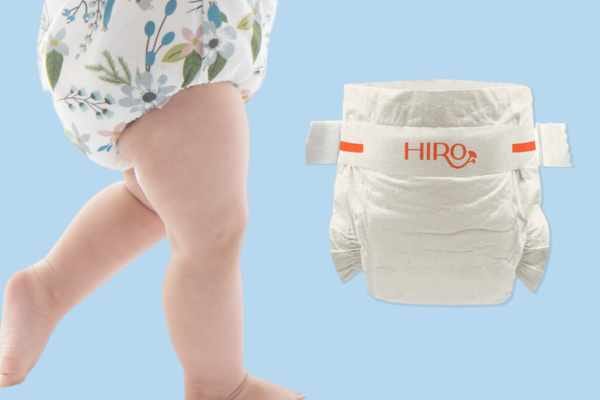It's a wrap and its compostable
This is cling film on an industrial scale – but this pallet wrap has a crucial advantage.
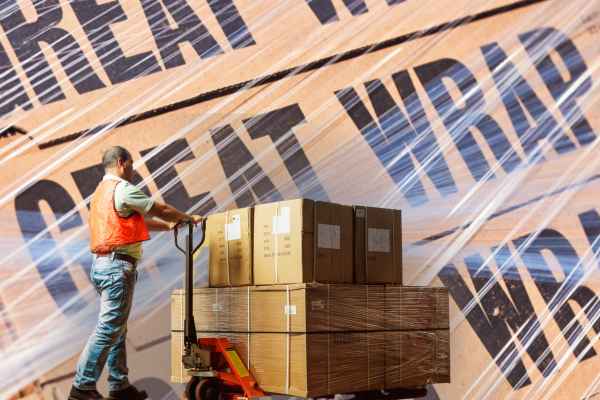
Pallet wrap keeps products secure while in transit, but it also adds up to a mountain of plastic pollution.
It may come as a surprise to learn just how many businesses wrap their products in plastic to keep them on pallets during shipping and storage.
Using large rolls of plastic film and specialised machinery, manufacturers wrap goods tightly to stop them from shifting or falling.
Most pallet wrap today is made from fossil fuels and doesn't break down naturally over time, with around 90 per cent of it ending up in landfill and sticking around for hundreds of years. Collectively, pallet wrap, cling film, catering wrap, and silage wrap generate 100,000 tonnes of plastic waste every year in Australia alone, according to estimates.
One local company is working to change this. Melbourne-based Great Wrap last year expanded beyond compostable cling wrap for the home to embrace the business-to-business market.
“Most businesses, whether you know it or not, are using petroleum-based pallet wrap to send and receive their goods. This product is unavoidable, it is essential, and it’s a global problem that we are solving.”
The B Corp company, which was founded in 2020 by Julia and Jordy Kay, has created a machine pallet wrap product that’s made from potato peel.
Last year's launch of the product followed on the heels of a $A24 million capital raising in 2022 and the construction of a 10,000 sqm factory in Tullamarine, Melbourne.
“We’ve completed commercial trials with major Australian retailers, food and beverage manufacturers and household name brands, and their feedback is consistent – Great Wrap performs as well as petroleum-based pallet wrap,” Great Wrap co-founder Jordy Kay said following the launch.
“We’re calling on all Australian business owners to switch because the high-quality product means the only shift is where they purchase it.”
Packing petroleum
Great Wrap co-founder Julia Kay said: “We’ve had a huge demand building over the past three years from businesses far and wide.
“Most businesses, whether you know it or not, are using petroleum-based pallet wrap to send and receive their goods. This product is unavoidable, it is essential, and it’s a global problem that we are solving.”
Last month Great Wrap announced it had teamed up with packaging and recycling company Opal ANZ to help distribute its compostable pallet wrap.
To support the new allegiance, Great Wrap has also raised a further $A5 million from existing and new investors - including former world number one tennis player Aryna Sabalenka and Thomas Food International MD Darren Thomas - and from government funding and debt.
Great Wrap’s Machine Pallet Wrap has been certified compostable by the Australasian Bioplastics Association and is made from compostable biopolymers including plant-based oils and potato waste that are not currently processed on site. The next step, Great Wrap says, is to open its own biorefinery to convert local potato waste into PHA, the compostable and marine-degradable material from which its pallet wrap is made. The startup also has plans for an end-of-life collection service for its pallet wrap so as to create a fully circular solution.


